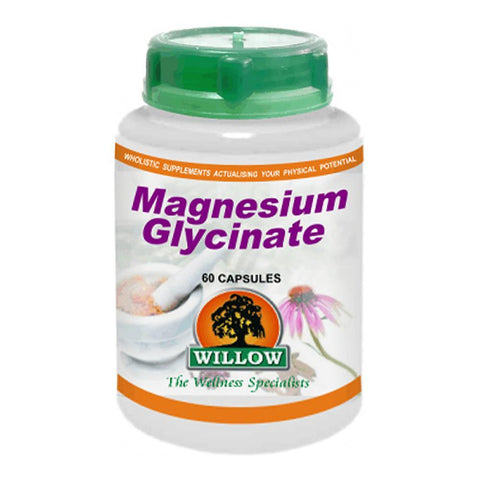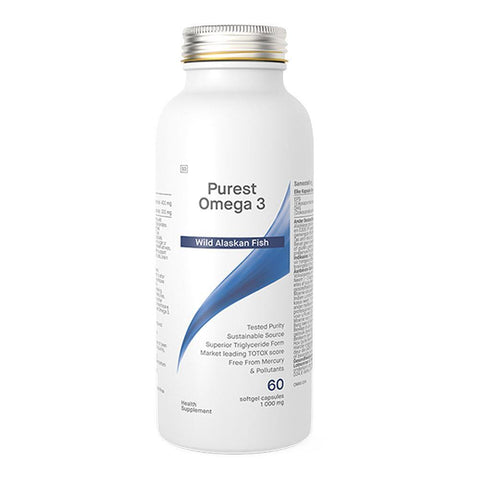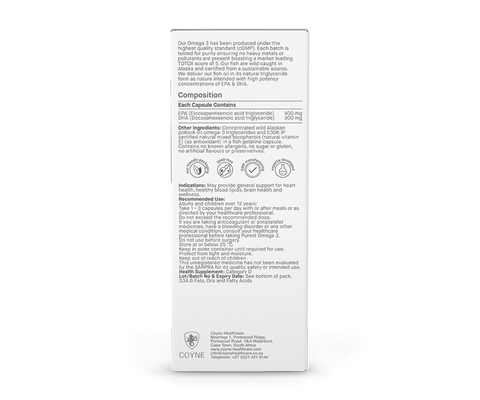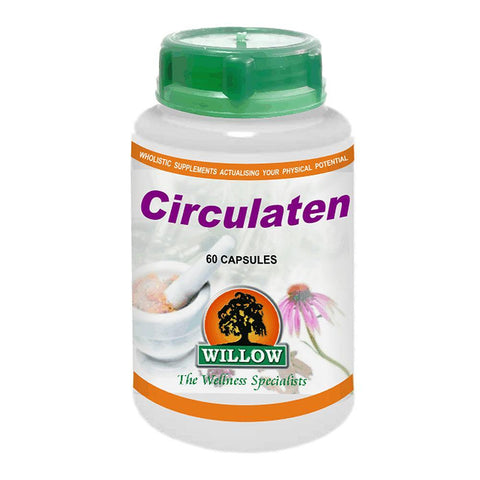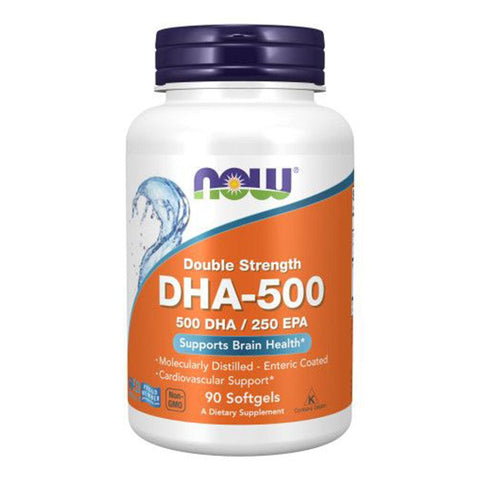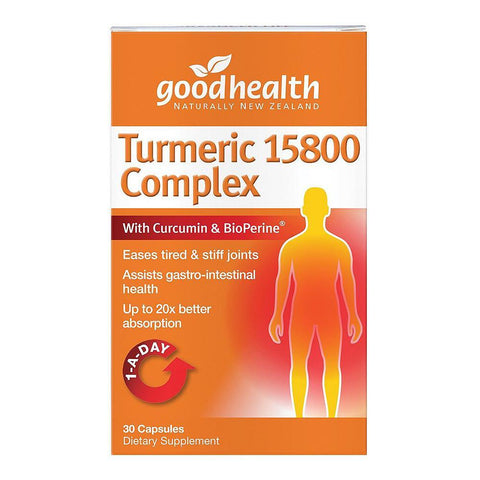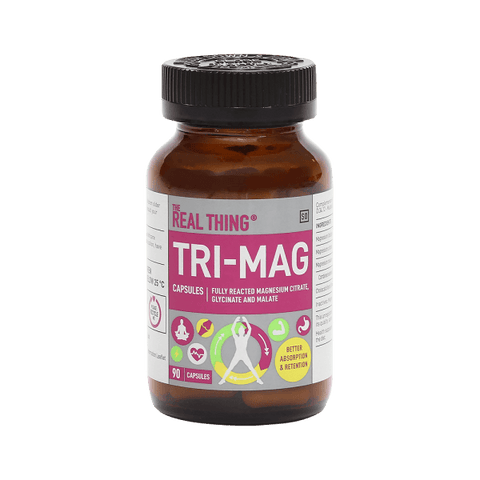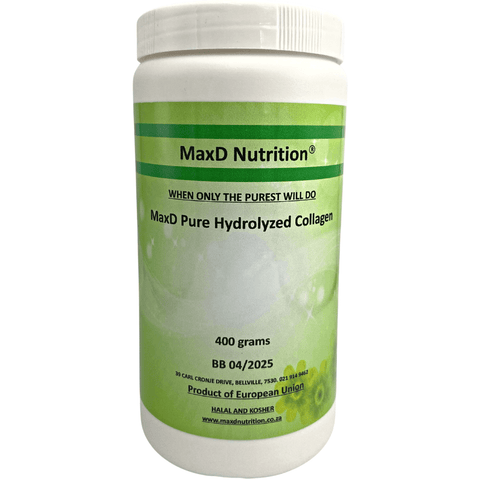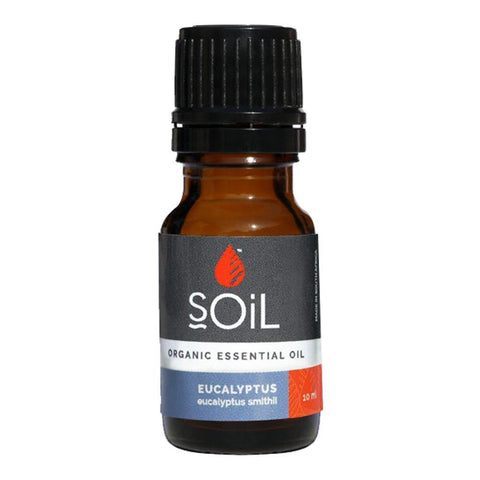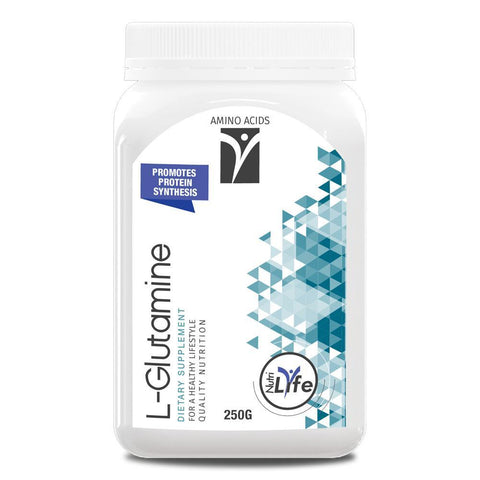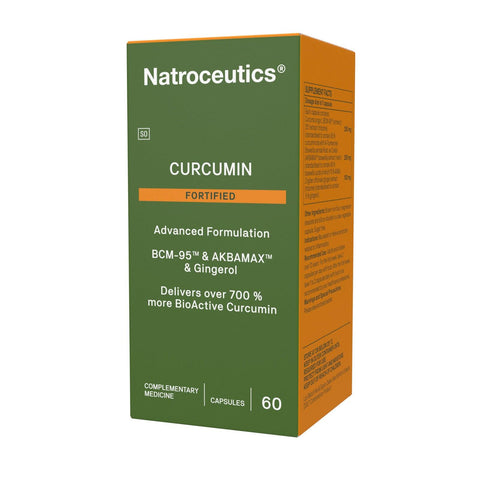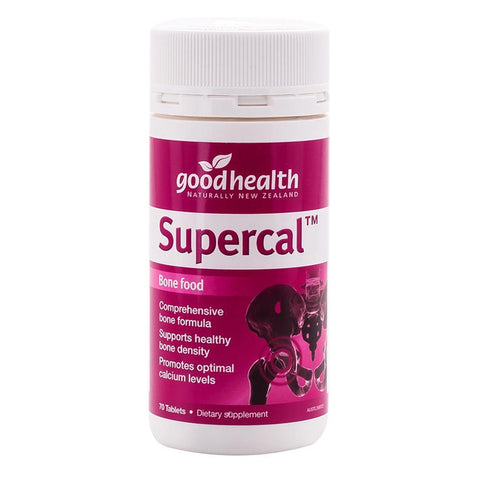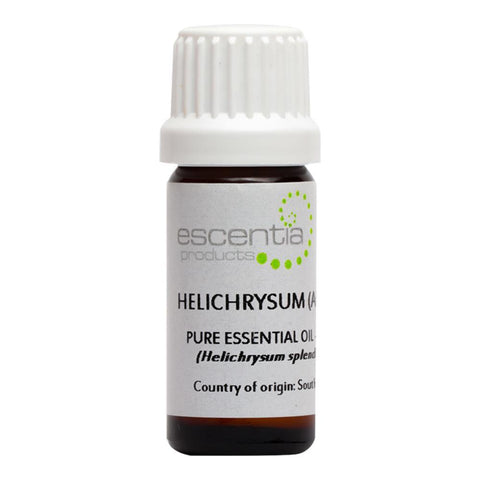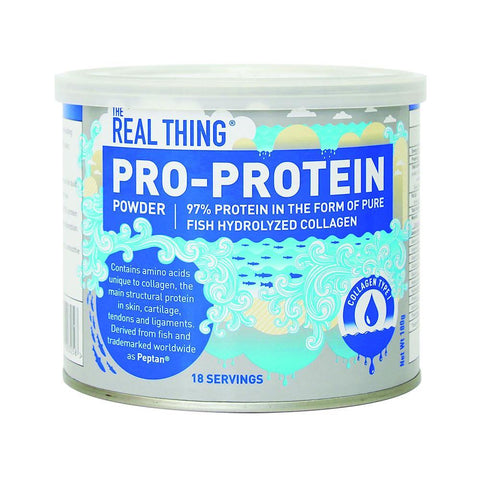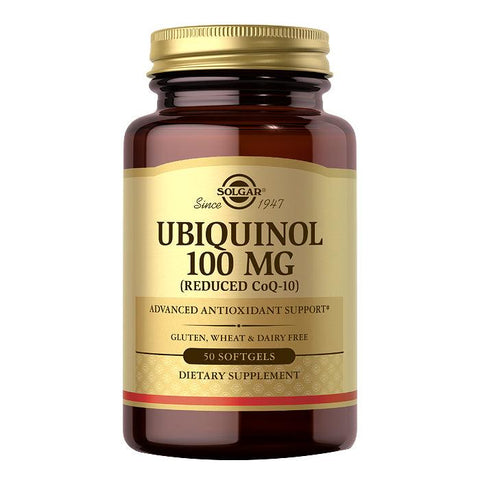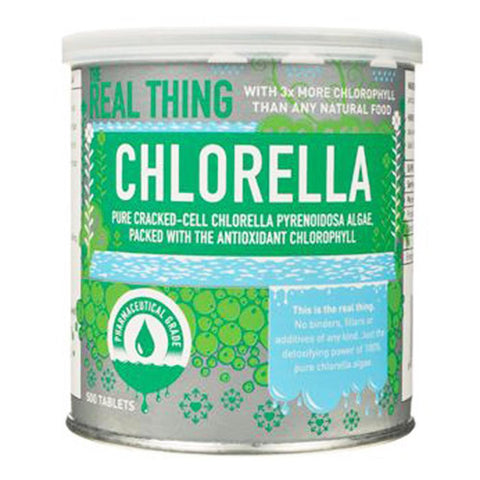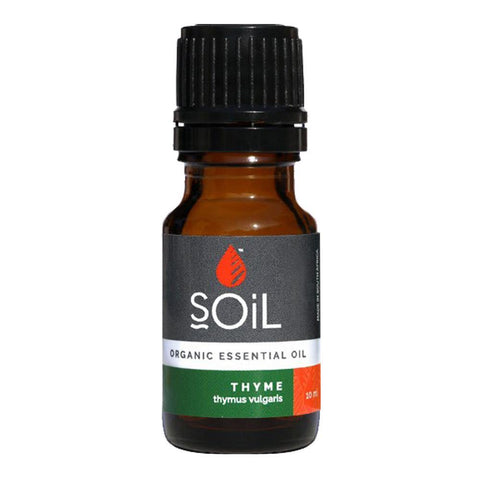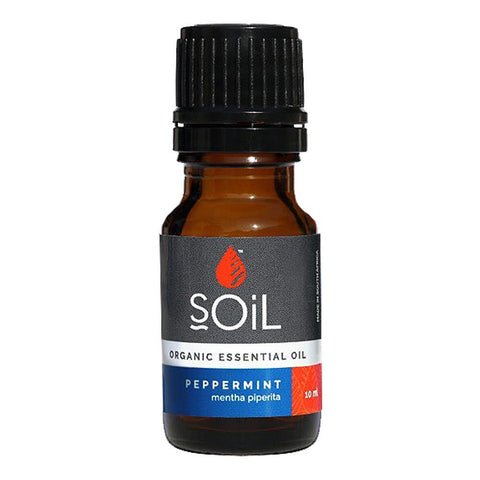Willow Benfotiamine 100 mg 120 capsules
Willow
In Stock
Benfotiamine is now available at Simply Natural stores! This fat-soluble, lab-made version of vitamin B1 (thiamine) is more active and stays in the body longer than standard, water-soluble vitamin B1.
Benfotiamine is recommended by many natural health practitioners for a wide range of conditions such as brain fog, attention deficit disorder, painful neuropathy, as well as general weakness.
Typical symptoms of a vitamin B1 deficiency may include low testosterone, muscle weakness, low muscle tone, muscle wasting, peripheral neuropathy, tingling, numbness, pain, loss of coordination, vertigo, irritability, sensitivity to cold temperatures, mood swings, depression, panic attacks, nightmares, poor memory, stress, sleep apnea, loss of coordination, edema, cold hands and feet, and chronic ear- and sinus infections, to name a few.
People with unexplained fatigue and fibromyalgia may find benfotiamine supplementation helpful because it promotes energy production in the mitochondria of our body cells. It seems to benefit people with Parkinson's disease by inducing dopamine release, but more research is necessary. The condition beriberi is caused by a severe vitamin B1 deficiency.
Our modern lifestyle and diet predispose us to a vitamin B1 deficiency. Refined carbohydrates and sugars are common culprits. White rice, for instance, contains virtually no vitamin B1, as most of this valuable nutrient is found in the hulls that are discarded.
High alcohol consumption and antibiotic use block the absorption of vitamin B1 and may put us at risk of developing severe deficiencies. So do obesity, smoking, food additives, and high caffeine use. Some individuals have a genetic predisposition to a vitamin B1 deficiency.
Vitamin B1 plays a key role in human biochemistry. For this reason, some natural health practitioners use high-dose thiamine therapeutically, even in the absence of a deficiency. However, this should only be done by qualified experts.
When supplementing with Benfotiamine, start with a low dose and gradually increase the dose. Some individuals may experience an initial worsening of symptoms. Adding magnesium and potassium as well as an activated vitamin B-complex may help to mitigate this.
Related Products
-
Ubiquinol 100 mgR 1,094.00




